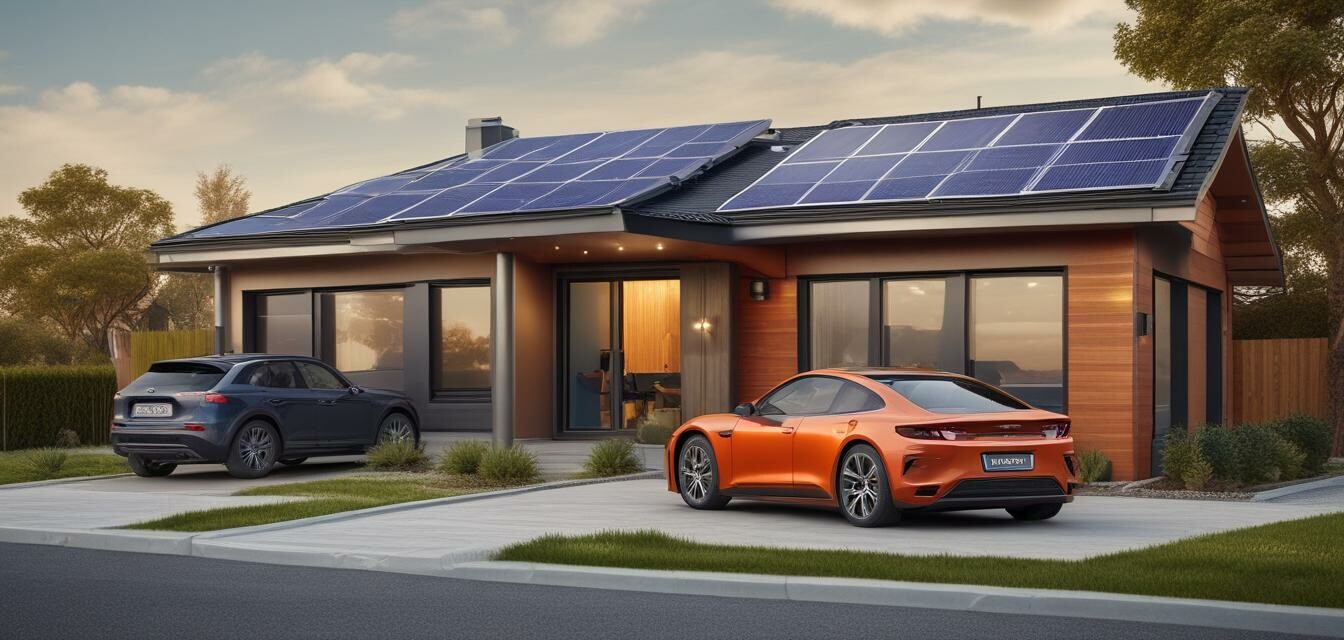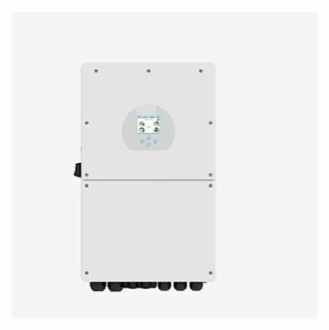
Integrating EV Charging with Home Solar Systems: A Growing Trend
Key Takeaways
- The integration of EV charging and home solar systems is on the rise, providing significant energy savings and convenience.
- Solar systems can reduce the cost of charging EVs, leading to increased adoption of both technologies.
- Innovations in battery storage and hybrid systems are enhancing the capability of solar-powered EV charging.
- Homeowners are increasingly motivated by environmental benefits and energy independence.
As electric vehicles (EVs) become more mainstream, the demand for efficient and reliable charging solutions rises in tandem. Integrating EV charging stations with home solar systems has emerged as a promising trend, especially for homeowners keen on off-grid living. This article delves into how this synergy benefits homeowners, the technological advancements facilitating this integration, and future implications for off-grid solutions.
Why Integrate EV Charging with Solar Systems?
Combining EV charging with solar energy systems offers myriad advantages:
- Cost Savings: Utilizing solar energy for EV charging can lower electricity bills, especially for those who drive regularly.
- Energy Independence: Homeowners can reduce reliance on the grid, especially during power outages or surge pricing.
- Environmental Impact: This combination promotes green energy use, decreasing carbon footprints.
- Convenience: Home charging is more convenient than public charging stations, allowing for overnight solutions.
Technological Innovations Making It Possible
The evolution of solar technology and battery storage plays a pivotal role in enabling seamless EV charging at home. Key technologies include:
| Technology | Description | Benefits |
|---|---|---|
| Solar Panels | Photovoltaic panels convert sunlight into electricity. | Generate renewable energy to power EVs and homes. |
| Battery Storage | Stores excess solar energy for use when sunlight is insufficient. | Ensures reliable electricity availability for charging EVs. |
| Smart EV Chargers | Chargers that optimize charging based on grid demand or solar production. | Maximize energy efficiency and minimize costs. |
The Role of Hybrid Systems
Hybrid systems are essential for maximizing the potential of solar and EV integration. These systems consist of:
- Solar Panels
- Battery Inverters
- Charge Controllers
- EV Charging Stations
In particular, hybrid inverters offer multiple functions, allowing flexibility and efficiency in energy management. They manage power from solar panels, storage batteries, and the grid, ensuring optimal use of renewable energy.
Hybrid inverters 16kw Hybrid-on Grid Phase Solar Inverter for Home Workers
This versatile hybrid inverter combines multiple functions and can power various appliances, making it essential for modern homes integrating solar and EV charging.
Explore NowSolar Charging: Considerations for Off-Grid Living
For off-grid living enthusiasts, integrating solar EV charging requires thorough planning:
- Solar System Size: Assess how much energy your EV consumes in conjunction with household needs.
- Battery Storage Size: Select an appropriate battery storage system to accommodate both car and home needs during off-peak hours.
- Location: Ensure optimal placement of solar panels for maximum exposure to sunlight throughout the year.
- Professional Installation: Consider hiring pros to ensure systems are correctly installed and optimized.
Future Trends in Solar and EV Integration
As technology advances, we can expect several trends to shape the future of solar and EV integration:
- Wider Adoption of Smart Technology: More systems will incorporate smart features, optimizing energy use and enhancing user experience.
- Improved Battery Storage: Innovations will lead to more efficient and longer-lasting batteries that can store more energy.
- Government Incentives: Increased support from governments for renewable energy solutions will encourage homeowners to adopt solar EV charging.
Conclusion
The integration of EV charging with home solar systems is undoubtedly a growing trend that promotes environmental sustainability and energy independence. By leveraging technology and innovations in hybrid systems, homeowners can enjoy cost savings while playing a part in creating a greener future.
Tips for Homeowners
- Invest in a quality hybrid inverter to optimize energy management.
- Regularly monitor your energy production and consumption to understand your usage patterns.
- Investigate available local rebates or incentives related to solar and EV charging.
Pros
- Reduced energy costs.
- Improved energy independence.
- Lower carbon emissions.
- Convenience of home charging.
Cons
- Initial investment costs can be high.
- Requires sufficient space for installation.
- Dependent on sunlight availability.



